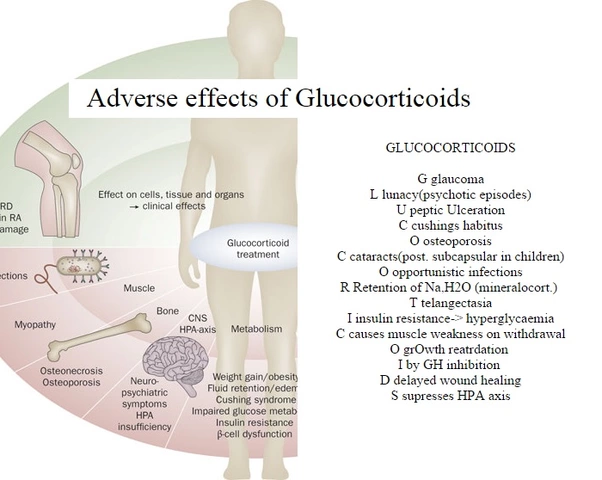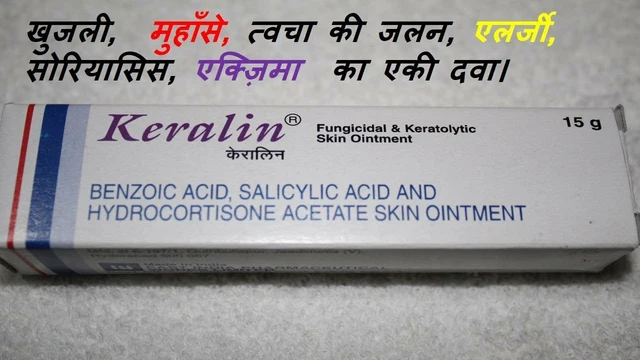ACE Inhibitor Basics: What They Are and Why You Might Need One
If your doctor mentioned an ACE inhibitor, they’re talking about a pill that helps lower blood pressure and eases strain on the heart. The name stands for Angiotensin‑Converting Enzyme inhibitor, because it blocks a chemical that narrows blood vessels. When the vessels stay relaxed, blood flows easier, and your heart doesn’t have to work as hard.
How ACE Inhibitors Work
Imagine a tiny faucet in your bloodstream that tightens when a hormone called angiotensin II tells it to. ACE inhibitors stop the faucet from closing by stopping the enzyme that makes angiotensin II. The result is wider vessels, lower pressure, and less stress on the heart. This action also helps protect kidneys, especially in people with diabetes.
Common brand names you’ll see on a prescription include lisinopril, enalapril, ramipril, and benazepril. They’re usually taken once a day, with or without food. Starting doses are low; doctors raise them slowly to avoid a sudden drop in blood pressure.
When to Talk to Your Doctor
Most folks tolerate ACE inhibitors well, but a dry cough shows up in about 10% of users. If the cough bothers you, let your doctor know – they may switch you to an ARB, a similar drug without the cough side effect.
Watch for swelling in your lips or face, as that can mean a rare allergic reaction. Also, keep an eye on your potassium levels; high potassium can cause heart rhythm problems. Your doctor will likely order blood tests after the first few weeks and then every few months.
People with kidney disease need special dosing, and those taking NSAIDs (like ibuprofen) should be careful because the combo can hurt kidney function. If you’re on a potassium supplement or salty foods, discuss the best balance with your healthcare provider.
Here are a few practical tips to get the most out of your ACE inhibitor:
- Take the pill at the same time each day – mornings work for most.
- Don’t stop suddenly; tapering off without a doctor’s OK can raise blood pressure fast.
- Stay hydrated but avoid excessive salty drinks.
- Report dizziness, especially when you first start or increase the dose.
- Combine the medication with a heart‑healthy diet and regular exercise for the best results.
In short, ACE inhibitors are a mainstay for treating high blood pressure, heart failure, and protecting kidneys. Knowing how they work, what side effects to expect, and when to check in with your doctor can make the experience smoother and safer.
Altace (Ramipril) Guide: Uses, Dosage, Side Effects & FAQs
A clear, up‑to‑date guide on Altace (ramipril) covering how it works, proper dosing, common side effects, drug interactions and answers to the most asked questions.






